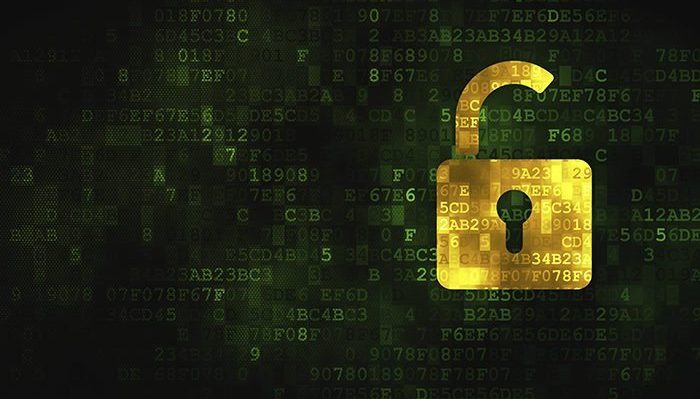CEOs weakest link in cyber security chain, says report
Feb 19, 2019 • News • management • Cyber Security
A new report from has highlighted that senior executives are still often the weakest link in the corporate cyber security chain and that cyber criminals target this vulnerability to commit serious data breaches.
According to a white paper from The Bunker, many senior executives ignore the threat from hackers and cyber criminals and often feel that security policies in their respective organisations do not apply to their unique position. However, in reality, their often privileged access to company information make their personal accounts extremely valuable to exploit and heightens the need for extra care.In addition to highlighting the common mistakes made by senior executives, the white paper lists the top security areas that should be prioritised to ensure cyber security resilience.Phil Bindley, Managing Director at The Bunker said: “In tackling and mitigating the security threat, a critical issue is a failure to securely back up email data. Many businesses assume that a cloud-hosted service, such as Office 365, comes with automatic back-up and security provisions.
Unfortunately, it does not.“Unless stated and agreed, vendors do not guarantee complete system security or data backup as standard, so organisations need to be careful and have a full understanding of the SLAs in place. We advise people to replace the word ‘cloud’ with ‘someone else’s computer’, to get a better perspective of the risks that need to be mitigated when deploying a cloud-based service”.
All employees -especially those at the top of the corporate ladder- need to realise that cyber criminals use social engineering, email phishing and malware to access personal accounts, and C-level staff especially need to avoid becoming the weakest link in the cyber security chain by adhering to regularly updated, company-wide security policies regarding data sharing and backup.He continued: “Cloud offers a highly secure and cost-effective platform to defend against threats and malicious attacks.
However, data stored in a public cloud typically resides outside the protection of an organisation’s internal systems and many vendors do not automatically back-up data or implement security and privacy controls as standard, making it a perfect entry-point for cyber criminals to exploit.
“Reviewing corporate policies, with a focus on people, premises, processes, systems and suppliers will provide valuable insights into which areas to improve, and by championing a ‘security first’ corporate culture, organisations and their senior executives will be well positioned to avoid the high financial costs, reputational damage and unexpected downtime that could result from a cyber attack or data breach,” he concluded.
Download a copy of the white paper click here,





















 Field Service News is published by 1927 Media Ltd, an independent publisher whose sole focus is on the field service sector. As such our entire resources are focused on helping drive the field service sector forwards and aiming to best serve our industry through honest, incisive and innovative media coverage of the global field service sector.
Field Service News is published by 1927 Media Ltd, an independent publisher whose sole focus is on the field service sector. As such our entire resources are focused on helping drive the field service sector forwards and aiming to best serve our industry through honest, incisive and innovative media coverage of the global field service sector.
Leave a Reply